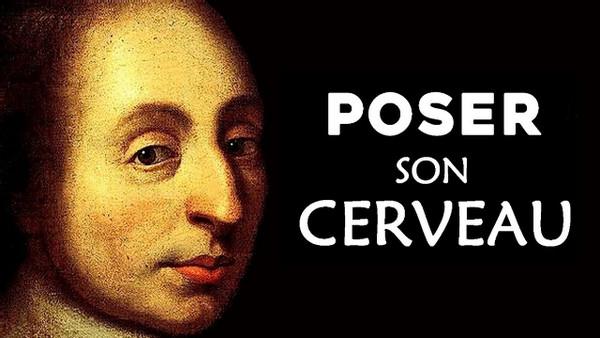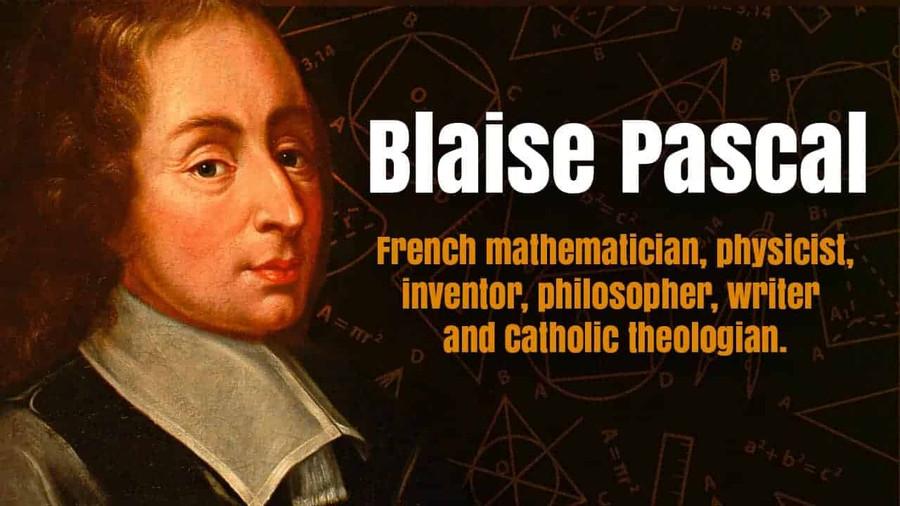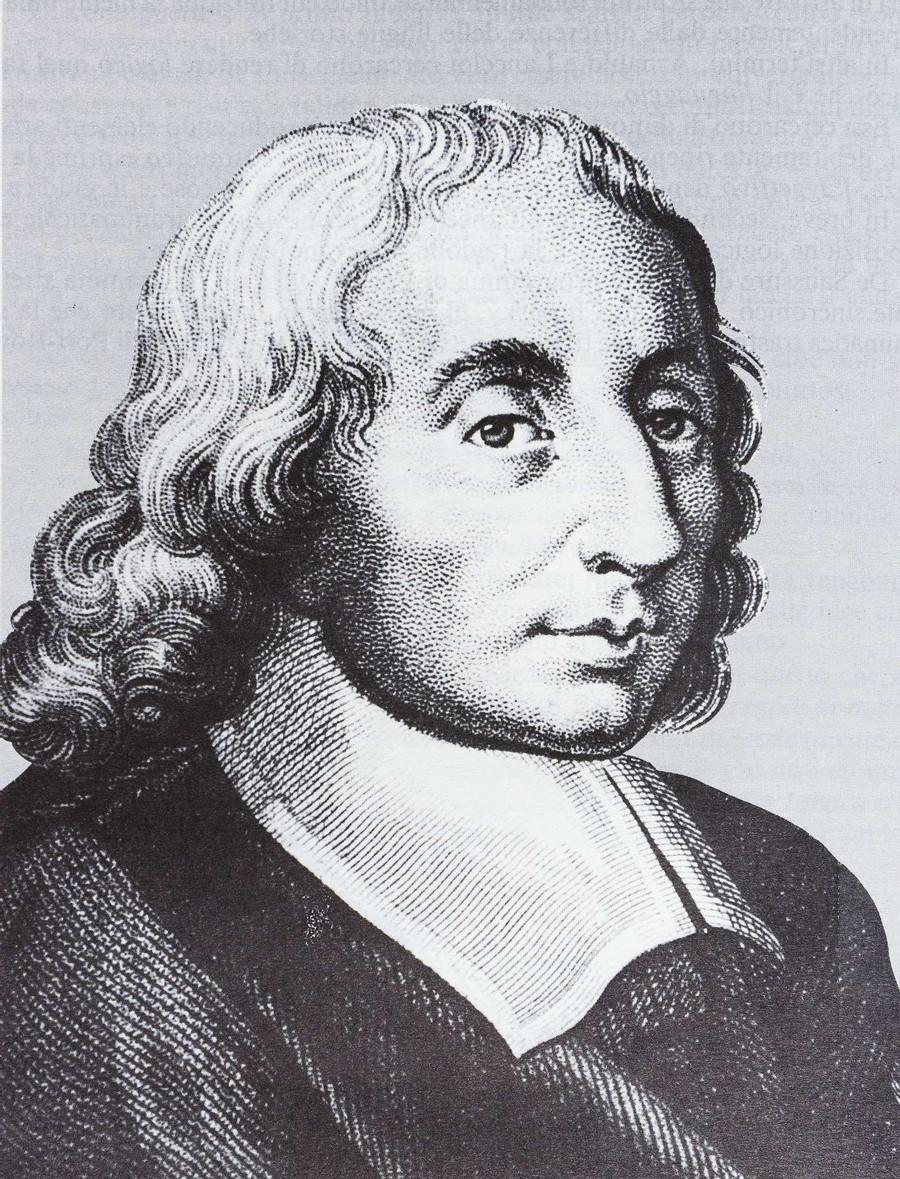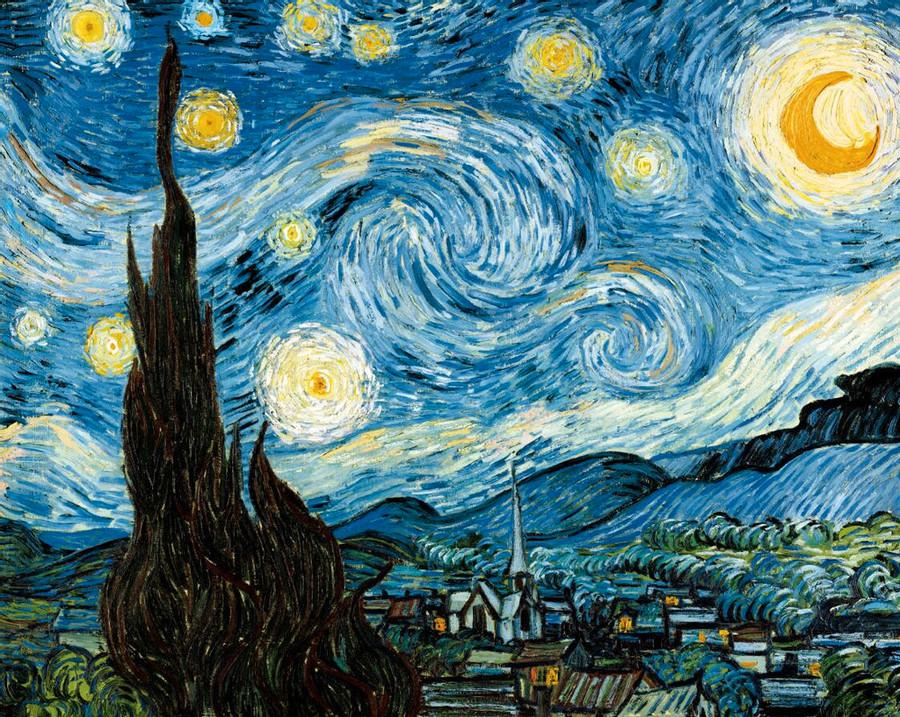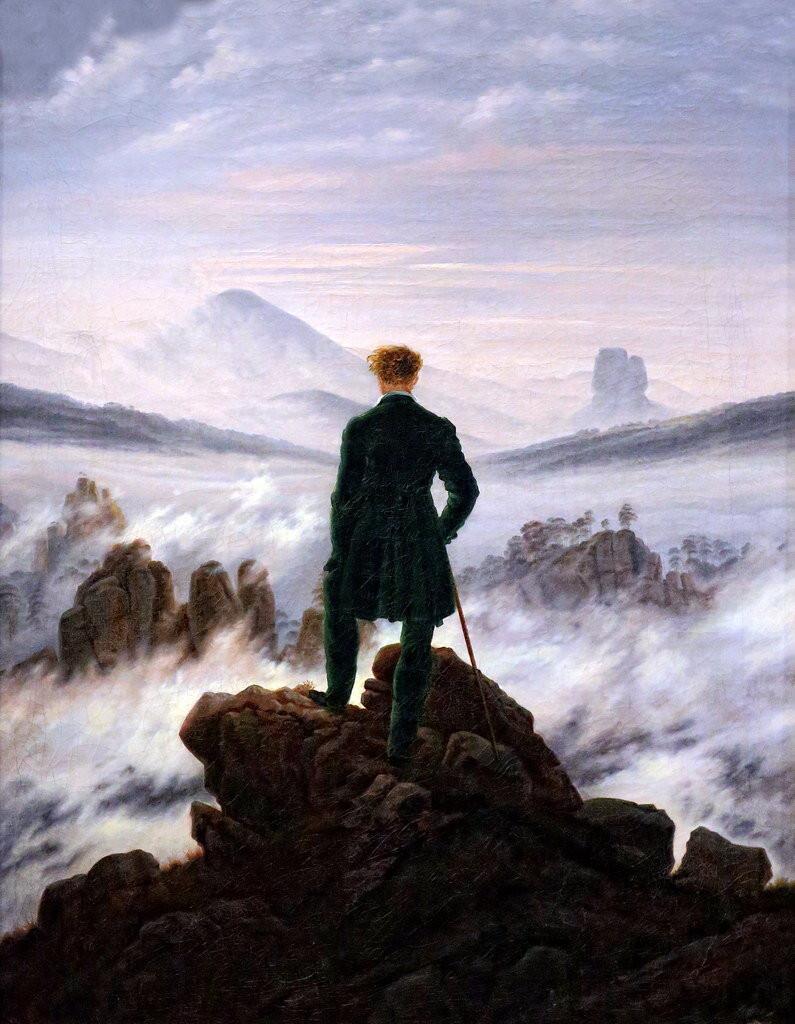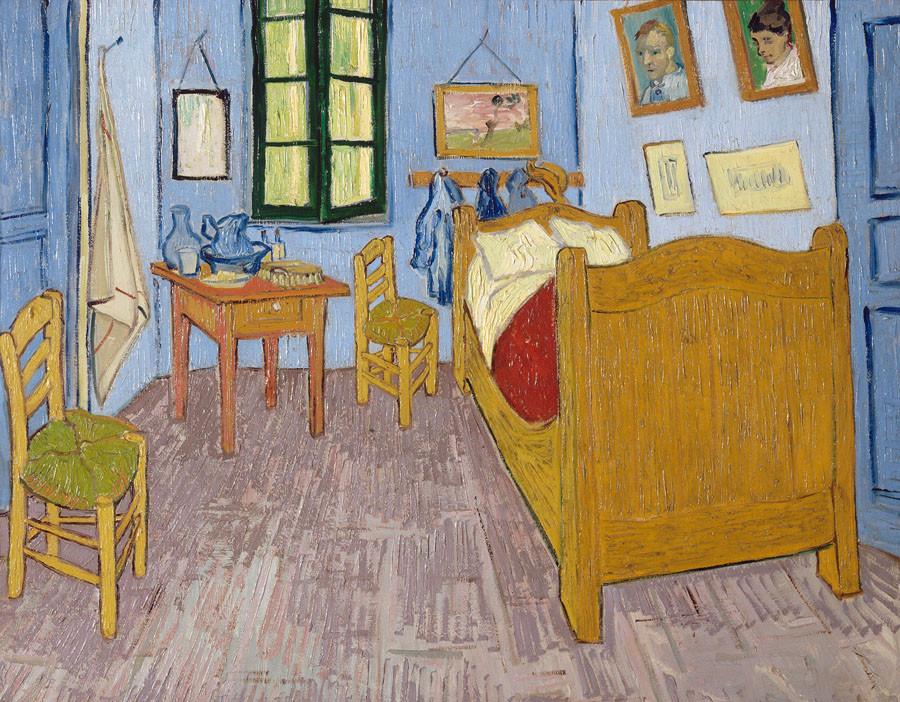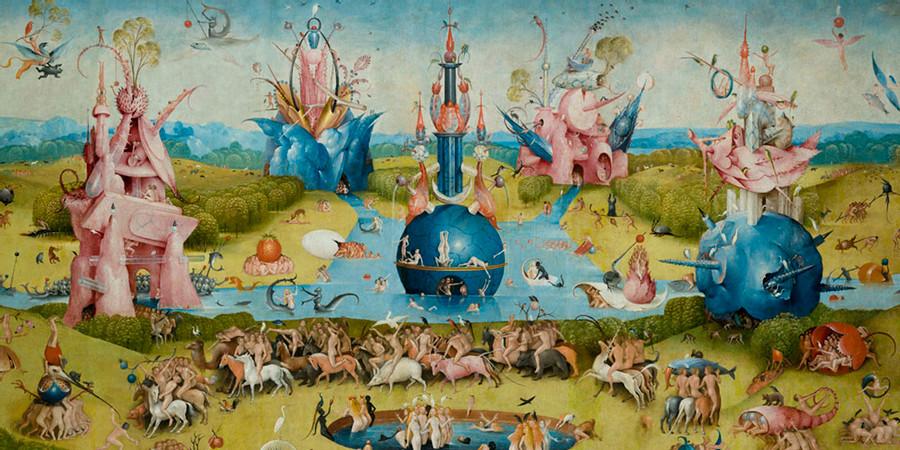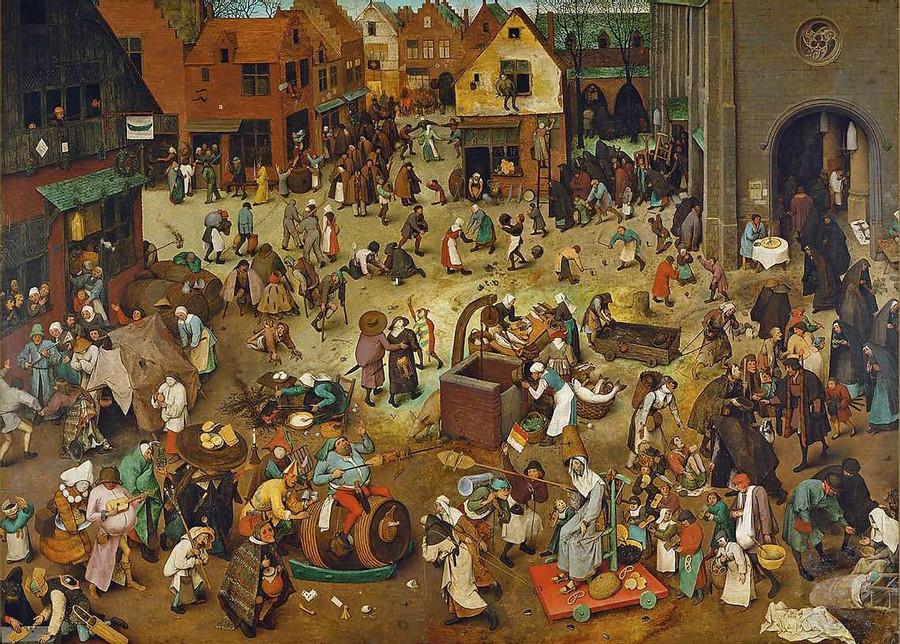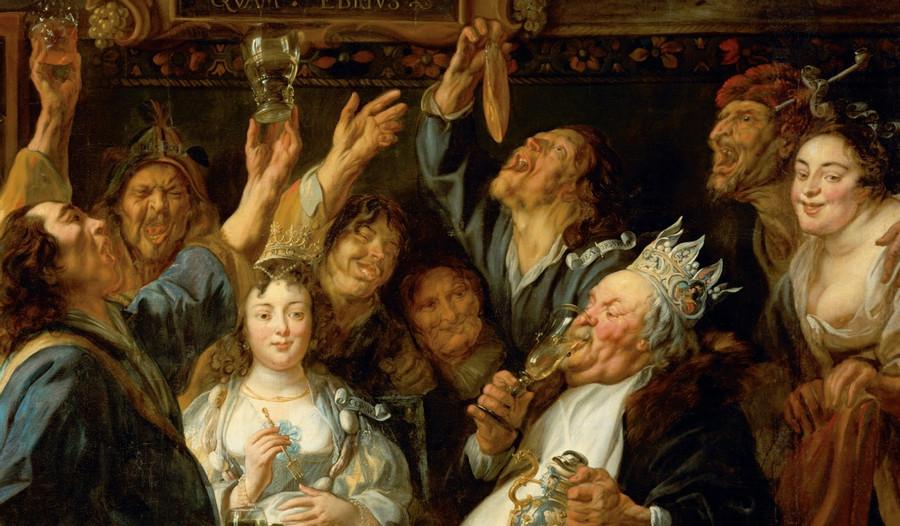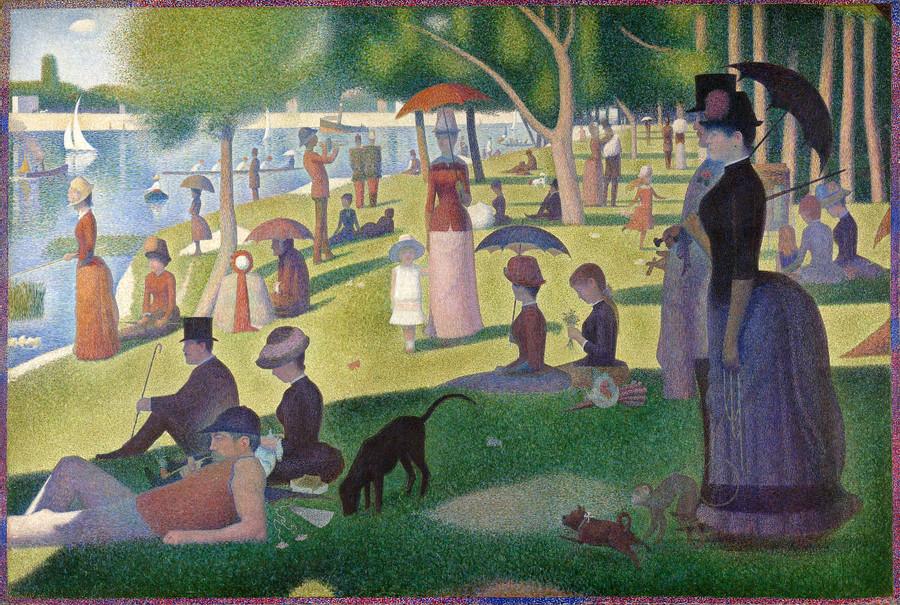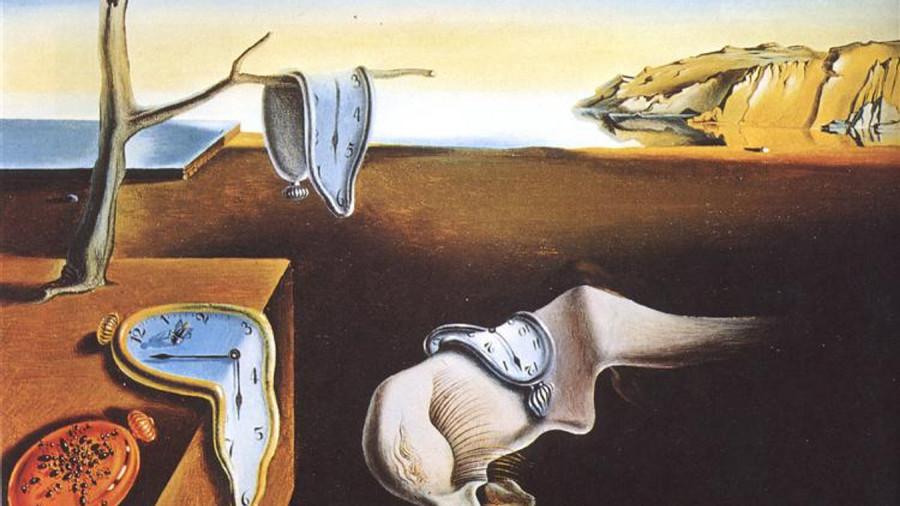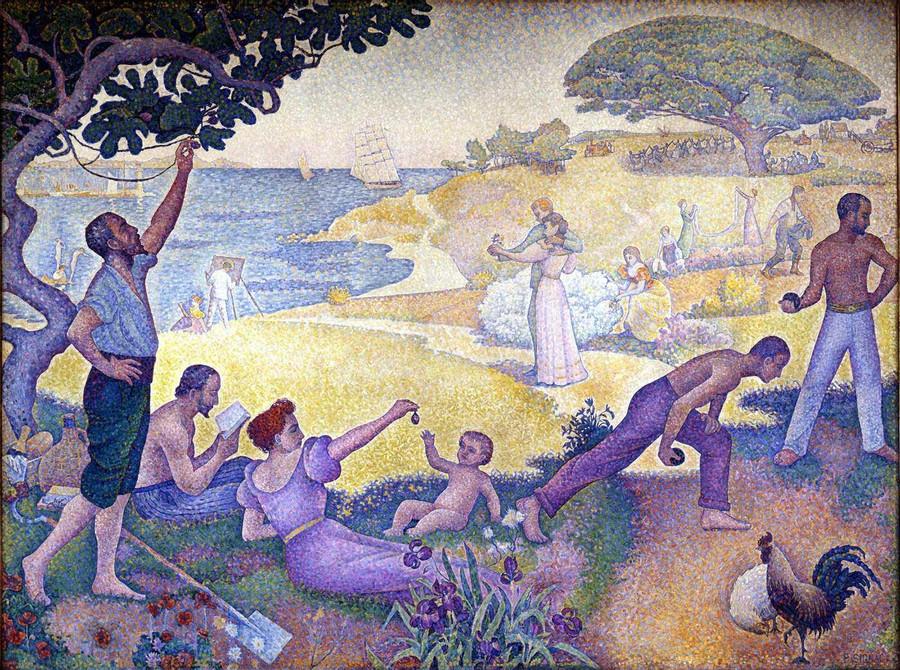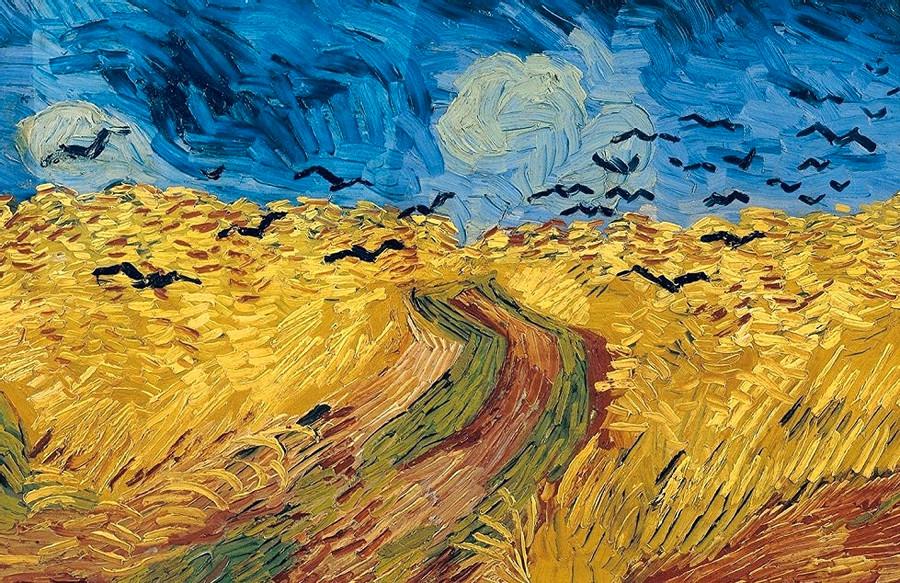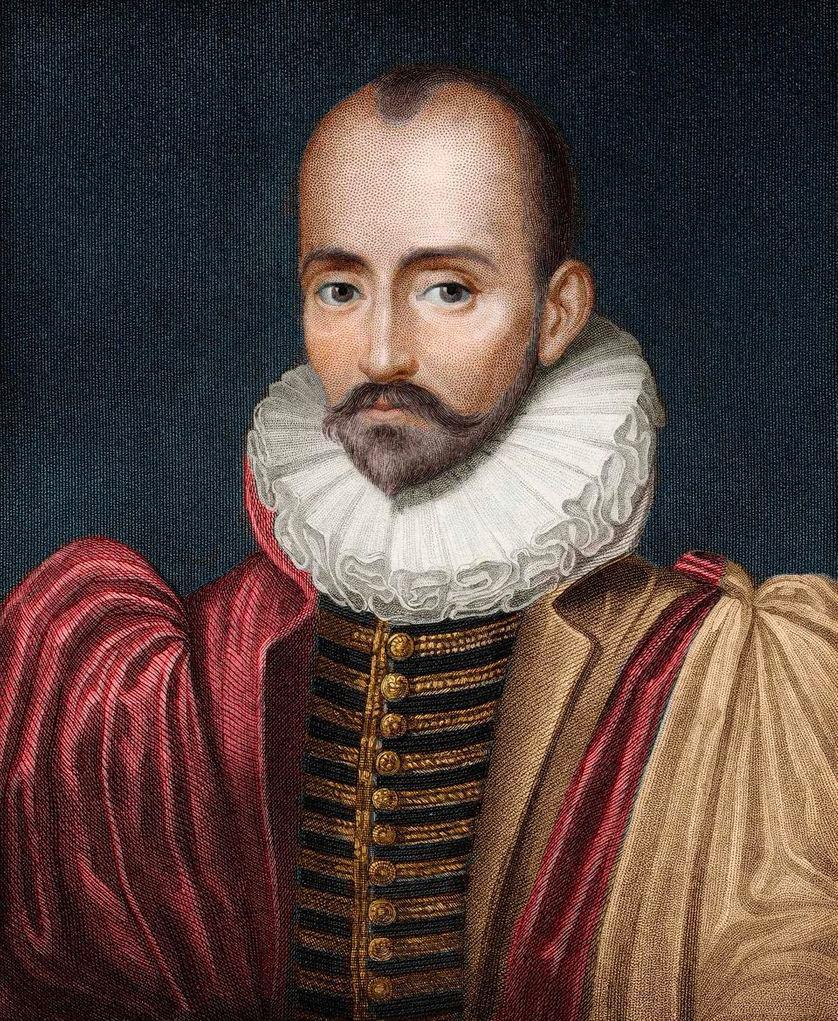Is Entertaining Bad? (Pascal's View)
Curated from: Le Précepteur
Ideas, facts & insights covering these topics:
19 ideas
·8.35K reads
49
5
Explore the World's Best Ideas
Join today and uncover 100+ curated journeys from 50+ topics. Unlock access to our mobile app with extensive features.
What is Pascal's decision theory?
Pascal — French philosopher, scientist, mathematician and probability theorist (1623-1662) — argues that if we do not know whether God exists then we should play it safe rather than risk being sorry. The argument comes in three versions (Hacking 1972), all of them employing decision theory. "If you gain, you gain all; if you lose, you lose nothing"
Pascal provides several answers in his posthumous work Pensées (Thoughts), published in 1671. The work tackles a number of subjects, including entertainment, and questions the relationship between happiness and time.
57
821 reads
“All of man's misfortune comes from one thing, which is not knowing how to sit quietly in a room”
PASCAL
74
801 reads
WHY THE URGE TO MOVE?
It's true that the human condition is particularly marked by restlessness. Restlessness is part of our very nature, by virtue of the fact that we inhabit a world in perpetual motion, never still. So if we live in a world in motion, there's no reason why our soul shouldn't be affected by it. Why should the body be subject to the law of motion while the soul is preserved from it?
59
639 reads
WHY DO WE OVERTHINKING?
Our soul is never at rest, simply because the life of the mind never stops. There's always something on our minds. It's rare for us to be able to completely clear our minds. It's almost physically impossible. And it's even more so when our body is immobile, because in that case it's usually the mind that sets itself in motion. It starts moving as soon as the body is no longer busy, as soon as there's nothing left to do. But when the body is busy, we don't necessarily need to think, to be anywhere other than where our body is, although this depends on the activity we're undertaking.
62
555 reads
Our mind needs to be busy
For example, when we don't need to be conscious of what we're doing, we're conscious of everything else. It is this impossibility of immobilizing our thoughts that Pascal calls "not knowing how to sit quietly in a room”. We don't know how to remain at rest, because when our body isn't busy, our mind needs to be busy. This phrase raises a major issue, which is that individuals are easily attracted by all the occupations of social life, even though they are a source of restlessness and concern.
61
493 reads
THE REST PARADOX
On the one hand, happiness lies in rest, peace and fulfillment. And all our actions are aimed at this goal. But on the other hand, when we're at rest, we're bored, we think about death, we're anxious, we're unhappy, and that's why we need to agitate and entertain ourselves. So man desires rest, yet he must be restless to avoid suffering. Isn't this contradictory? How can we do this? We can assume that entertainment keeps us busy, so our mind doesn't need to work, it's at rest in a sense. This need for mobility can be translated into a search for mental occupation. We are in search of rest.
65
474 reads
ENTERTAINMENT BRINGS US HAPPINESS
Whenever man is at rest, when his mind wanders, he thinks of death, and this makes him anxious and unhappy. In other words, we are unhappy because we are aware of death, because we know that one day our life will come to an end. Our unhappiness stems from the fact that we can't come to terms with the idea of our impending end. This awareness of death is the source of human anguish. And that's why we need entertainment, to forget the fact that one day we'll no longer be around.
56
424 reads
Absurd actions
Men escape the truth of their condition by repetitive, absurd actions that distract them from their boredom. Basically, if I multiply my activities, it's because I'm not capable of doing anything without feeling anguish.
57
429 reads
"The natural unhappiness of our weak and mortal condition, and so miserable that nothing can console us when we think of it closely."
PASCAL
57
444 reads
WHAT'S ENTERTAINMENT ACCORDING TO PASCAL?
For Pascal, the notion of entertainment is not limited to leisure activities, but refers to the hypothesis that individuals devote themselves to all kinds of social and cultural activities because they make them forget that they are going to die. He calls entertainment everything we do to avoid thinking about our mortal condition and the passage of time. Moreover, etymologically, "to entertain" (divertir in french) means to divert, it's the deviation from the idea of our own death and therefore, in a way, of our own existence.
64
382 reads
Entertainment is a way of forgetting our mortal destiny
It's something that allows us to bypass the anguish of death by stepping outside ourselves for a while, to forget that we're going to die. But we are mortal beings who cannot escape our fate. We know it, but we need to forget it, because without it our existence would be unbearable.
Entertainment is therefore a way of forgetting our mortal destiny.
56
332 reads
EVEN KINGS NEED TO BE ENTERTAINED
The king, despite his advantageous social status, is not spared the fear of death when bored. In other words, power, material possessions, status and wealth do not shield anyone from the fear of death. In the end, those who would be safe from this misfortune would be those who don't ask themselves the question of meaning. The happiest would be the simple-minded, or those who live their lives like automatons.
56
325 reads
HAPPINESS ≠ SUCCESS
It's important not to confuse happiness (the ideal of a lasting and complete state of satisfaction) with success (the attainment of a goal). In the collective unconscious, success means a high status on the social ladder, as well as the possession of a great deal of wealth. Pascal shows that social success does not diminish the fear of death, which is why even kings need to be entertained.
58
328 reads
WHY ARE WE AFRAID OF BOREDOM?
Boredom arises from the fact that we think about the passage of time precisely because our minds are not occupied with anything else. We think about passing time when we have nothing else to think about, and to stop thinking about time is to no longer be in its grip. Entertainment can be found in leisure as well as in work, because whether we like it or not, work is a physical and mental occupation that distracts our minds from the idea of death and the anguish it generates.
58
305 reads
Feeling useful while working
For example, is a way of entertaining ourselves, because when we're thinking about the usefulness of what we're doing, we're not thinking about our own death. The rest we are unable to bear, as Pascal speaks of, is this absence of occupation of thought, which then finds itself faced with itself. Entertainment allows us to fight boredom, to occupy the mind. It's a way of filling a void that, for us, is synonymous with death.
57
308 reads
ILLUSORY HAPPINESS
Pascal implies that all the agitation and entertainment that make us happy are really just illusions, lies. The entertainer lies to himself. Entertainment, man's only means of avoiding suffering, would then be an illusory happiness. But if what we think of as happiness is really a lie, then what is "real" happiness? Is it possible to be happy?
Note
happiness ≠ well-being (calming the mind and body).
Entertainment = Le divertissement (in french)
The entertainer lies to himself = Le divertis se ment (in french)
58
321 reads
KEY IDEAS OF ENTERTAINMENT ACCORDING TO PASCAL.
- human beings are attracted to agitation and entertainment because it allows them to forget their own condition.
- Individuals fear nothing so much as boredom, because the absence of occupation makes them feel the miserable nature of their existence. And even social success doesn't diminish this fear.
- happiness is an illusion in the sense that, if we were able to rest in a room, we'd realize that most of the things we do are things we do so as not to have to think about not having to think about our death, so as not to have to face it.
59
305 reads
LEARNING TO ACCEPT DEATH IS LEARNING TO LIVE
The idea is not to accept death in the sense that we desire it, but in the sense that we accept it as a necessity linked to our nature, and thus become worthy of being alive. But at the same time, accepting death would mean no longer feeding that engine of anguish which, whatever we say, drives us to achieve great and beautiful things. Every time we do something to turn away from the idea of death, we create, and in creating we bring something to the world. We leave it a part of ourselves. Perhaps the fear of death is nothing more than the fear of living.
59
297 reads
IDEAS CURATED BY
CURATOR'S NOTE
From the most superficial social activities to the most serious, Pascal observes that people get restless. Human beings seem to want to be entertained at all costs. But what could we be trying to forget? Why are we so afraid of boredom? These are the questions Pascal seeks to answer.
“
Similar ideas
10 ideas
6 Manipulation Techniques
HugoDécrypte - Actus du jour
5 ideas
7 ideas
Elon Musk: Advice for Young People
Lex Clips
Read & Learn
20x Faster
without
deepstash
with
deepstash
with
deepstash
Personalized microlearning
—
100+ Learning Journeys
—
Access to 200,000+ ideas
—
Access to the mobile app
—
Unlimited idea saving
—
—
Unlimited history
—
—
Unlimited listening to ideas
—
—
Downloading & offline access
—
—
Supercharge your mind with one idea per day
Enter your email and spend 1 minute every day to learn something new.
I agree to receive email updates
